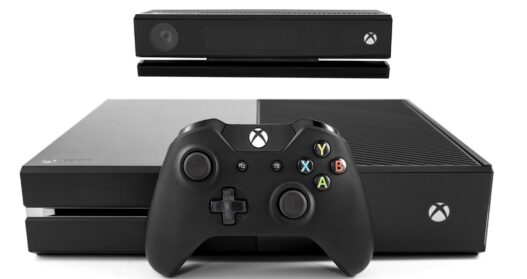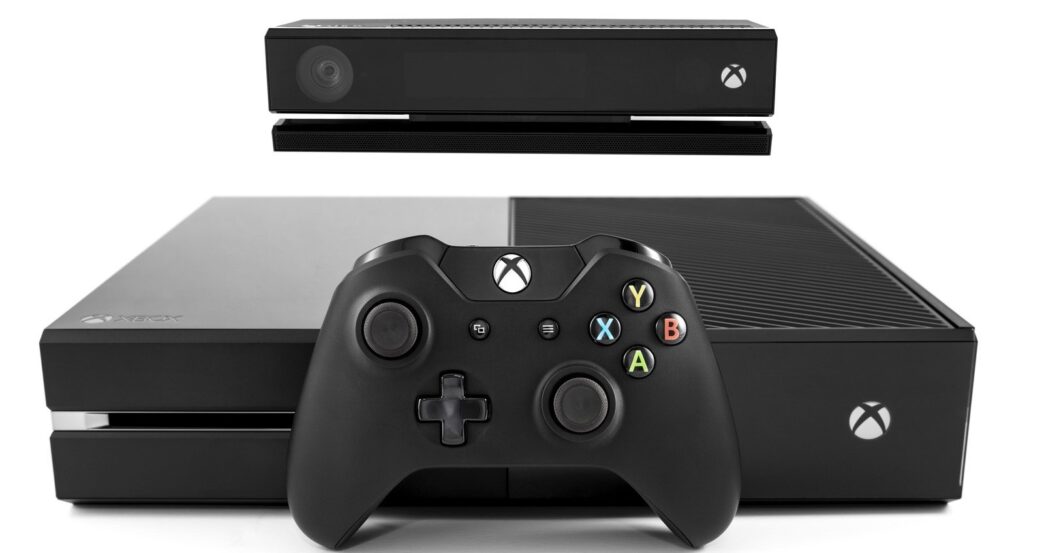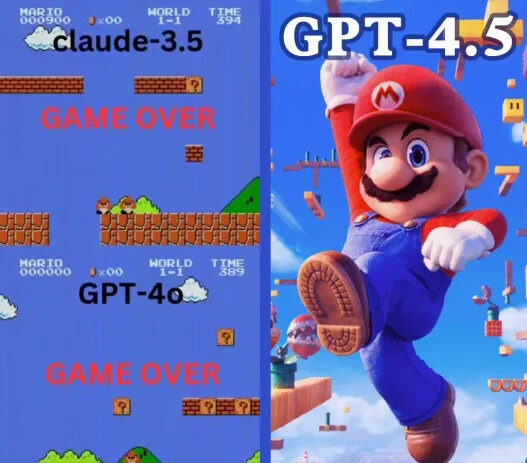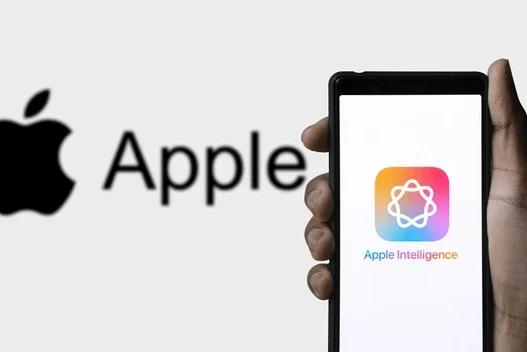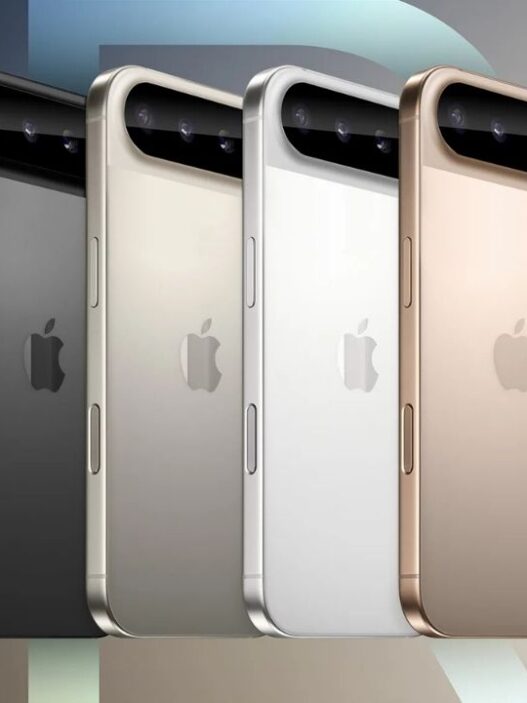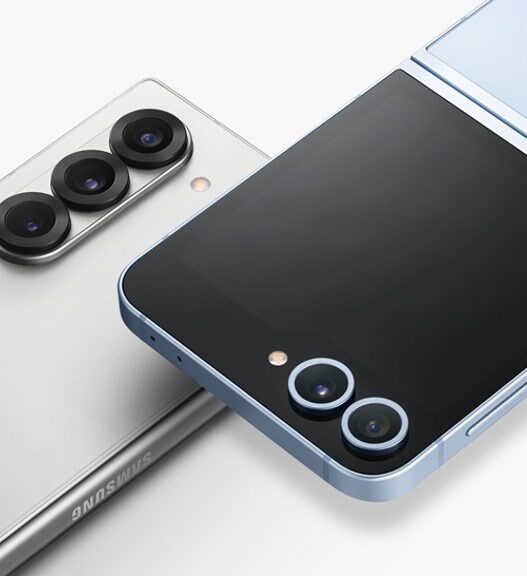In a recent podcast interview, Phil Spencer, head of Microsoft Gaming, revealed the company’s new platform strategy.
He stated:
“We are no longer trying to bring all players into Xbox through exclusivity. We want players to experience our Xbox community and all our content on any screen they choose.”
He even boldly declared that in future Xbox showcases, it wouldn’t be surprising to see Sony and Nintendo logos appear.
This is almost a direct confirmation that Xbox is moving away from its exclusivity strategy.

For over 20 years, the console wars among the “big three” (Sony, Microsoft, and Nintendo) have relied heavily on exclusive games to drive hardware sales. Why is Microsoft now dismantling Xbox’s exclusivity wall? Does this signal the end of the console ecosystem war?
Cross-Platform Releases Have Already Become the Norm
For PlayStation and Nintendo Switch players, Xbox’s move away from exclusivity has been a long time coming.
In February 2024, Xbox released four first-party games—Hi-Fi Rush, Sea of Thieves, Pentiment, and Grounded—on PlayStation and Switch. The results were unexpectedly strong, with Sea of Thieves alone selling over a million copies on PlayStation.
At the end of 2023, Microsoft announced that new titles like Indiana Jones and the Great Circle, The Outer Worlds 2, and Doom: The Dark Ages would have only a limited period of exclusivity before launching on all platforms.
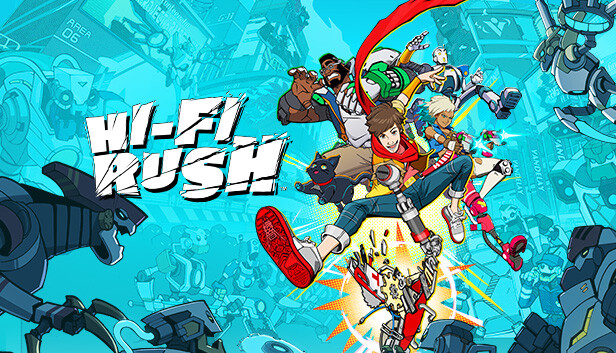
What started as cautious experimentation has now become an open declaration.
Although the sales of these cross-platform releases may seem small compared to their initial exclusive sales, most of these games were already in their mid-to-late sales cycle on Xbox. This “reviving old games” strategy has proven to be surprisingly lucrative.
Why Is Microsoft Doing This?
1. Profitability—Expanding Beyond Xbox’s Limited User Base
3A game development costs have skyrocketed, often exceeding hundreds of millions of dollars. However, the console market itself is not growing fast enough to support such massive investments.
With Xbox alone unable to sustain these costs, Microsoft sees cross-platform releases as a way to tap into PlayStation, PC, and Switch’s combined 500+ million users, significantly expanding revenue potential.
Even Phil Spencer admitted in an interview that, despite Xbox only receiving 70% of revenue from PlayStation sales, this income is still crucial for building a strong first-party lineup.
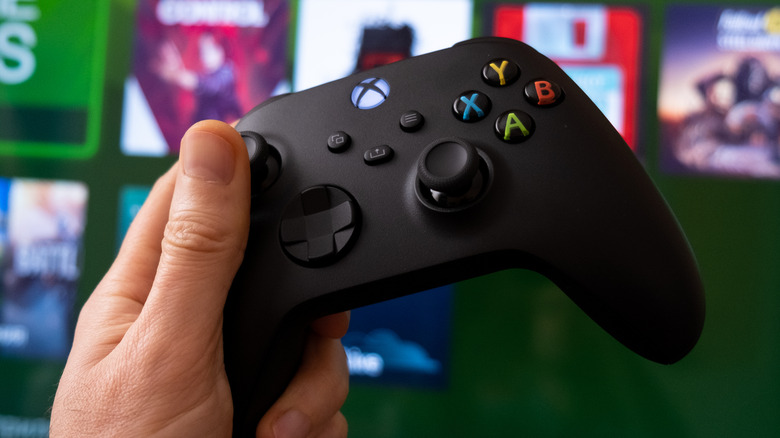
2. Xbox’s Struggles in Hardware Sales
Xbox has long been trailing behind PlayStation in hardware sales, making it a prime candidate for transformation.
According to Tech4Gamers, Xbox sold only 2.7 million units in the U.S. in 2024, down from 3.8 million in 2023. In contrast, PlayStation 5 sold over 4 million units in the U.S. in 2024 alone, with global sales surpassing 70 million.
Microsoft’s financial reports confirm this shift—while Xbox hardware revenue declined by 42% in Q4 2024, Xbox content and services revenue grew by 61%, driving overall gaming revenue growth.
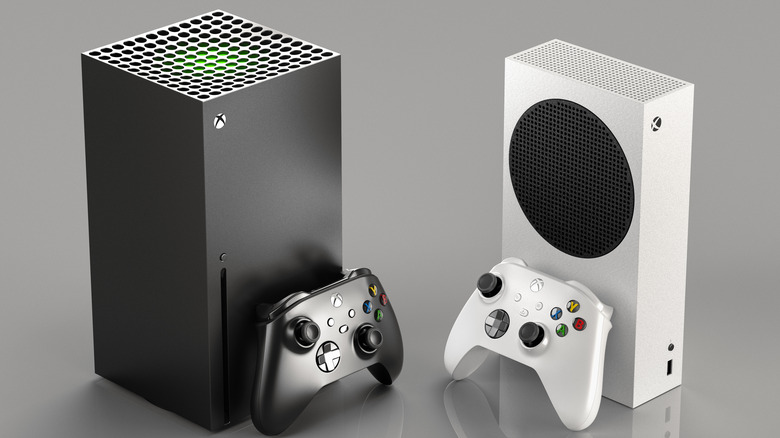
Simply put, hardware sales are dwindling, while software, subscriptions, and cloud gaming services are becoming Xbox’s primary revenue drivers.
Microsoft’s Endgame: Becoming the “Utilities Provider” of Gaming?
Microsoft seems to be playing a long game, sacrificing short-term exclusivity profits to dominate the broader gaming ecosystem.
Since last year, Microsoft has been promoting its “Gaming Without Boundaries” vision. The idea? Xbox is no longer just a console—your PC, phone, smart TV, or even your car’s infotainment system can also be an Xbox.
Cloud gaming is the key.
Since 2020, Microsoft has integrated xCloud into its Xbox Game Pass Ultimate subscription, allowing users to play high-end console games on Android devices via the cloud.
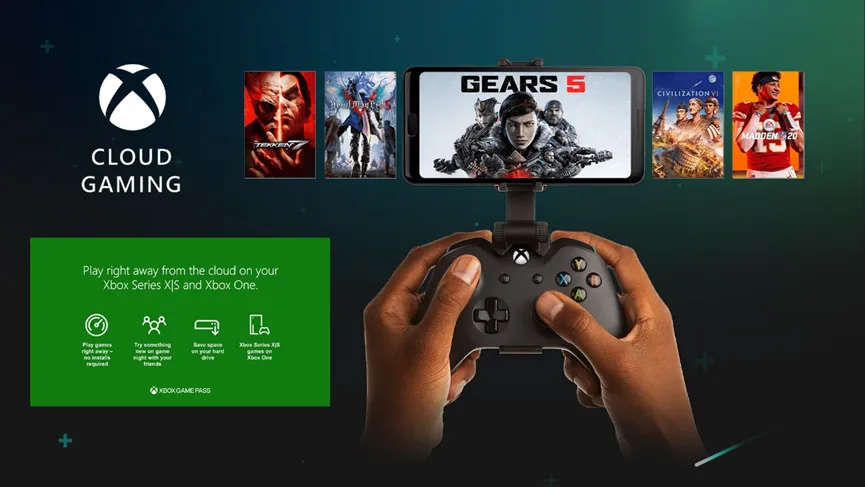
Now, xCloud has expanded to iOS, macOS, and web browsers. Microsoft recently announced that even games purchased on Xbox will soon be playable through xCloud on any screen.
Final Thoughts: A High-Stakes Gamble
Microsoft’s shift away from exclusivity is a massive bet—it is wagering that a globalized gaming service will ultimately be more valuable than a hardware-first model.
✅ Short-term benefits:
- Eases financial pressure
- Expands user base
❓ Long-term uncertainties:
- Can Microsoft maintain developer and publisher support?
- Will Xbox fans remain loyal despite losing exclusivity?
Subscription models like Xbox Game Pass are lucrative for Microsoft but have raised concerns among developers, who fear reduced revenue compared to traditional game sales. Meanwhile, some Xbox loyalists feel “betrayed” by Microsoft’s new direction.
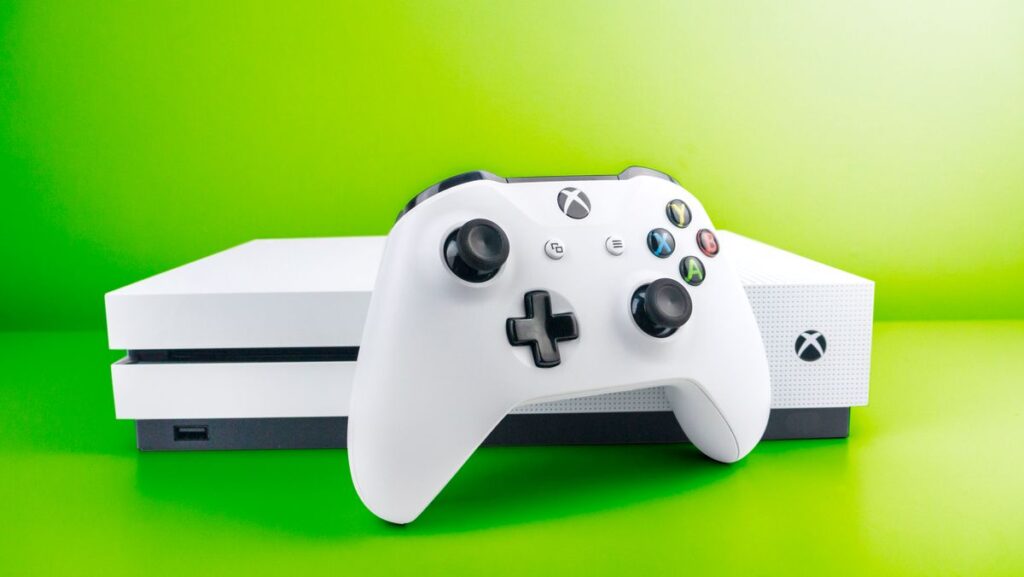
One thing is clear: Microsoft is pushing the console wars into uncharted territory, and the gaming industry will never be the same again.







